Recently I attended a local Seedy Saturday event. The venue was set up with several long tables laden with packets of seeds donated by attendees for the seed-sharing part of the day. The building hummed with enthusiastic conversations between gardeners.
I love these Seedy Saturdays! They are an opportunity to spend time with others who feel passionate about diversity and food security. They are also a chance to share and acquire seeds from open-pollinated plants that have proven to be beautiful, tasty, prolific and/or disease resistant.
Seed savers are expected to label their packets with the type of seed (Bean), variety (‘Provider’ Bush Bean), year collected and number of seeds. For each package brought in, one package can be taken. If you don’t have seeds to swap, there are usually enough donations that you can purchase a package or two for a nominal fee. The themes are sharing and diversity instead of control through patenting and corporate concentration of seed “ownership.”1
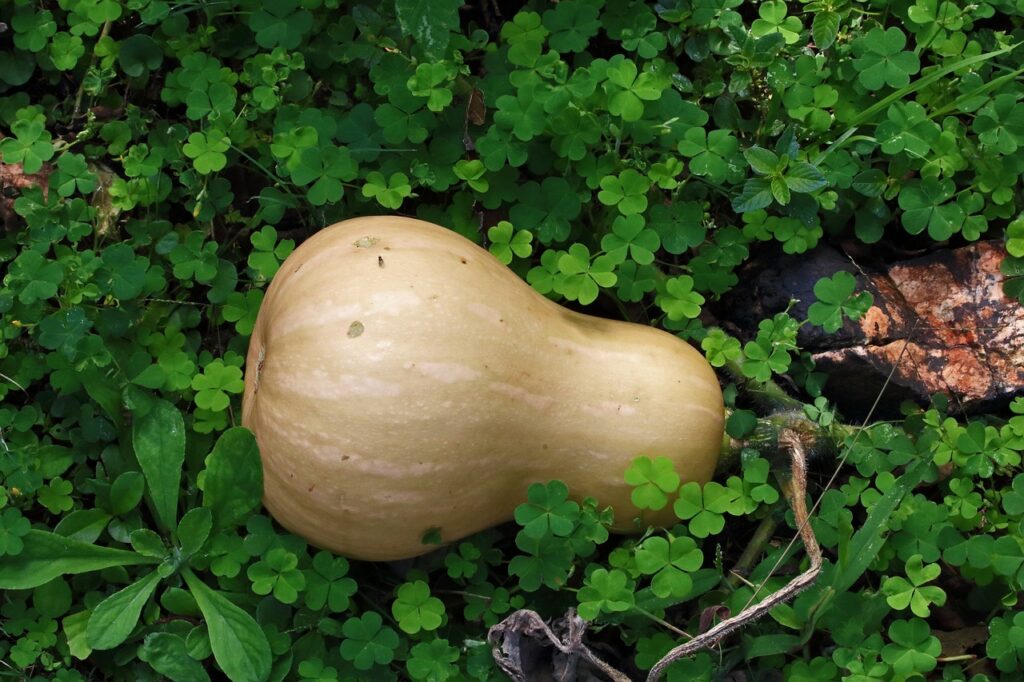
If you’d like to participate in this community of seed-savers and seed-sharers, it’s important to reduce the risk of cross-pollination with other varieties in the same species. Some useful techniques to help with this are:
Isolation by Distance
For plants that depend on insects for pollination, sufficient spacing is needed. As an example, for members of the squash family, the isolation distance recommended can be 250 to 750 metres. However, most of us don’t have a garden of that size.
Isolation by Time
This requires growing only one variety of each species of those plants in the year of seed-saving. The squash species known as Cucurbita pepo includes zucchini, acorn, spaghetti and other squashes. To save seeds from our acorn squash this year, we would grow only acorn squash, and not zucchini or spaghetti.
We can still grow squash from other species without worrying about them cross-pollinating with our acorn squash. (For example, buttercup squash belongs to another species called C. maxima and won’t cross with C. pepo varieties.2) Once seeds are saved, they are usually viable for a few years, so several varieties from the same species can be grown together for those years when we don’t need to save seeds.
Manual Pollination
Manual pollination is the most reliable way to preserve the purity of a squash variety.3
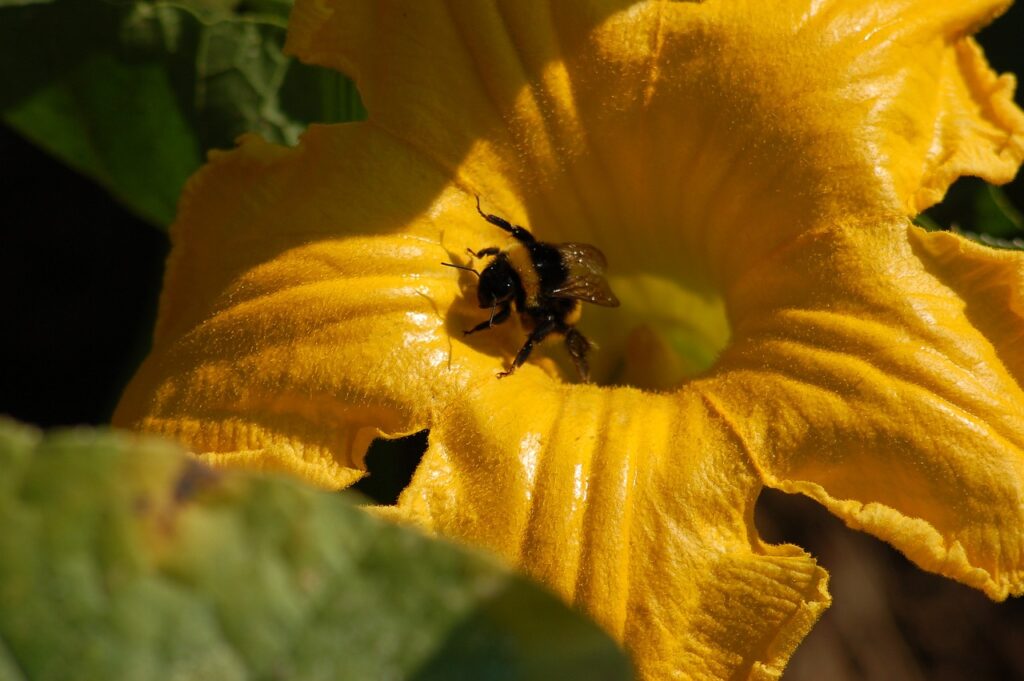
Self-Pollinating vs Cross-Pollinating
Many other plants are “self-pollinating.” Although cross-pollination can occur if an insect visits the flower at the proper time, this is less likely than for the squash family and it’s easier to save the seeds from these plants. An isolation distance of 3 metres between varieties of common beans, between varieties of peas and between varieties of lettuce is enough; most tomatoes only require an isolation distance of 5 metres between varieties.4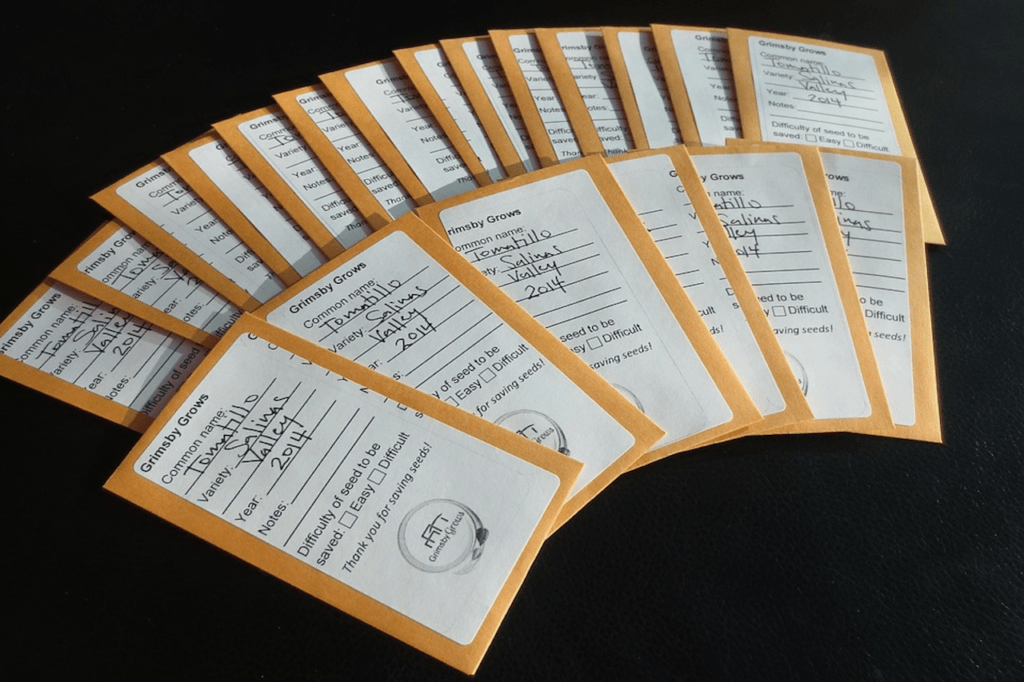
Although spring is the time when gardeners are focused more on seed sowing than seed saving, knowing how best to reduce the risk of cross-pollination can help us plan our garden layout when it’s still early enough to do so. Then, next year, when attending the local Seedy Saturday, we can place our packets of saved seeds on the sharing table with full confidence that they will grow into the special plants we promised they would.
1 For a very illuminating article on corporate concentration of seeds, see: https://civileats.com/2019/01/11/the-sobering-details-behind-the-latest-seed-monopoly-chart/
2 This is where understanding binomial nomenclature and knowing the botanical names of plants is helpful. See my earlier post: You say Pot Marigold and I say Calendula officinalis
3 For instructions on manually pollinating squash flowers, see https://seeds.ca/d/?t=70f5703600004115
4 For more detailed seed-saving advice, see https://seeds.ca/seed-gardening-resources/seed-saving/ on the Seeds of Diversity website.
Wendy spent a good part of her adult life moving with her husband, never staying long enough to see an apple tree mature and bear fruit. When they retired, developing a food garden and planting hardy ornamentals became a passion. Weaving her previous studies in nutrition with her current interest in gardening has become a stimulating and life-giving activity.

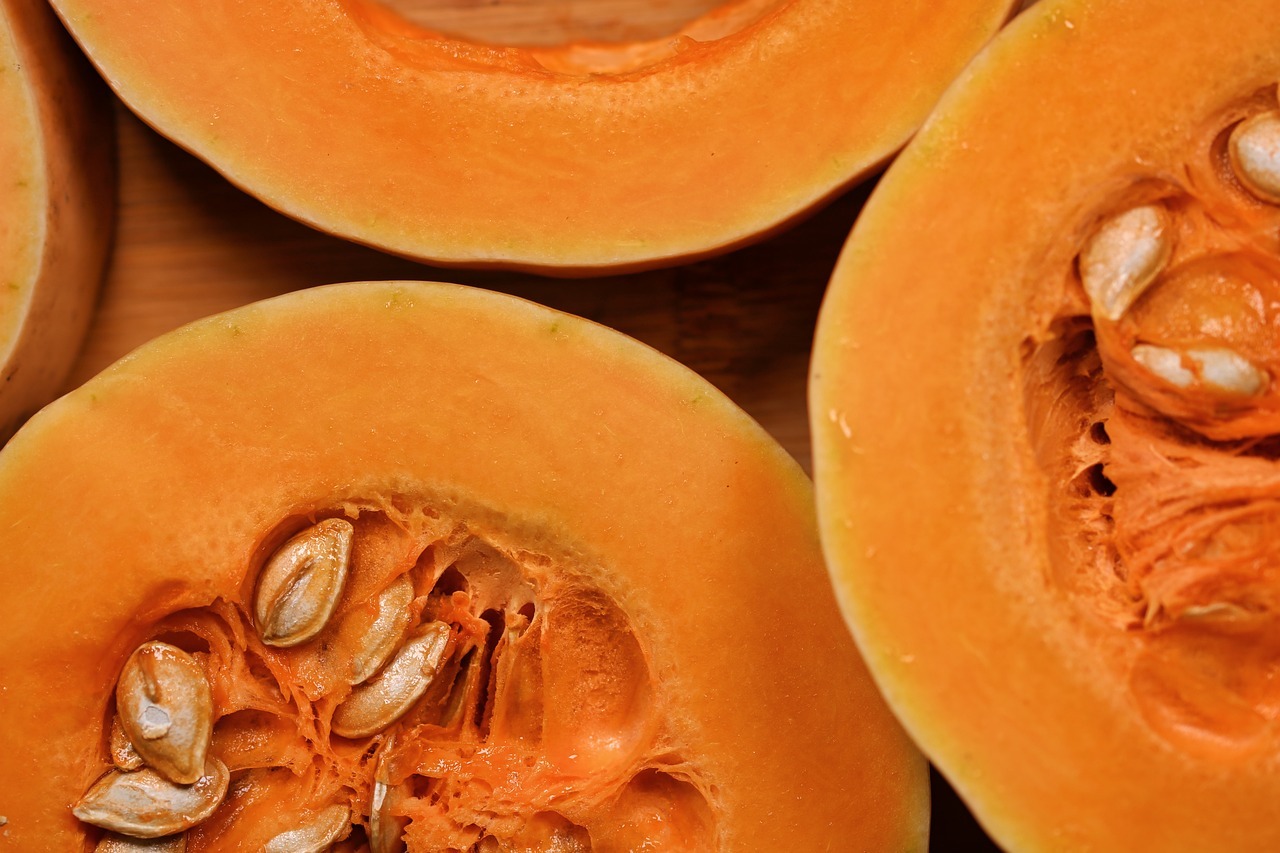

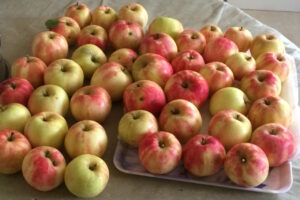
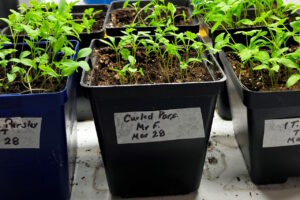
Wendy, I love to garden and have done so for forty years, but after reading this most interesting article I realize I am still very much a novice!! Such useful information, and as I said, so very interesting. And it aligns with the theme of spring and new life and Lent and transformation. Much to ponder!! Thank you for sharing your knowledge, experience and passion for gardening with us! I hope there is a seed-sharing group in Regina as I intend to explore this further.
Hi Kathy, I’ve just checked the Seeds of Diversity website under Seedy Saturday events and I see that there is a Seedy Saturday near you this coming Saturday, March 2nd! You can find more details here: https://seeds.ca/events/ The events are listed in chronological order. I think you will be able to connect with someone there.
Wow, thanks so much, Wendy! Will check it out!
I love the notion of saving seeds! It is an act of justice and a commitment to biodiversity. Thank you so much, Wendy, for your passion!